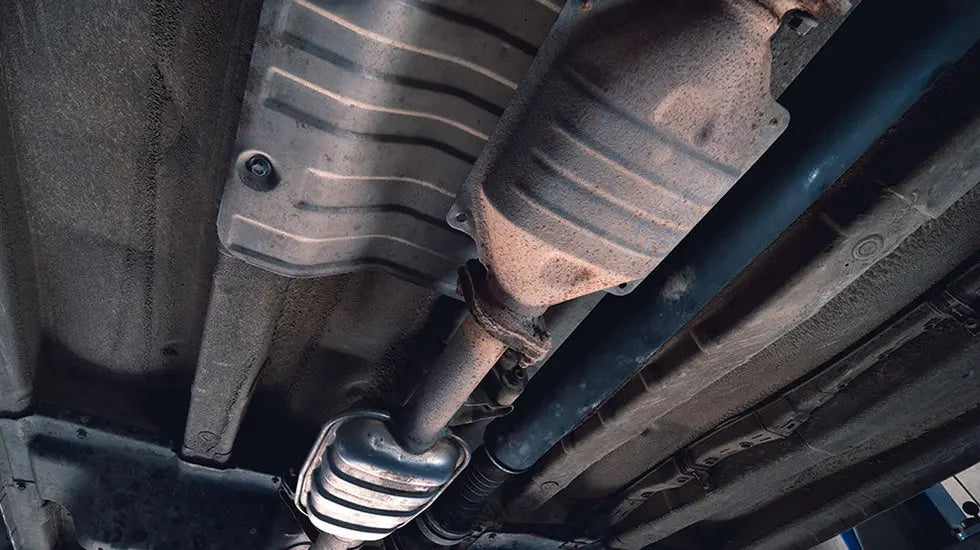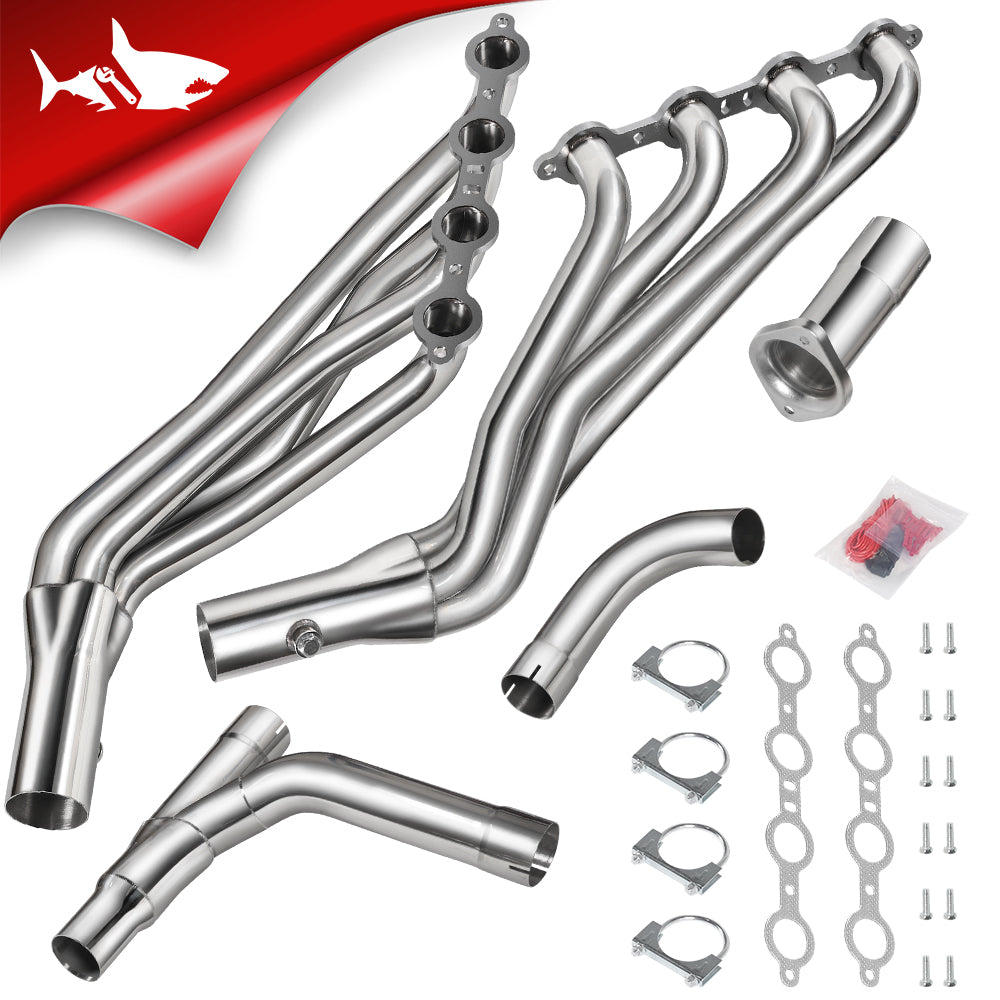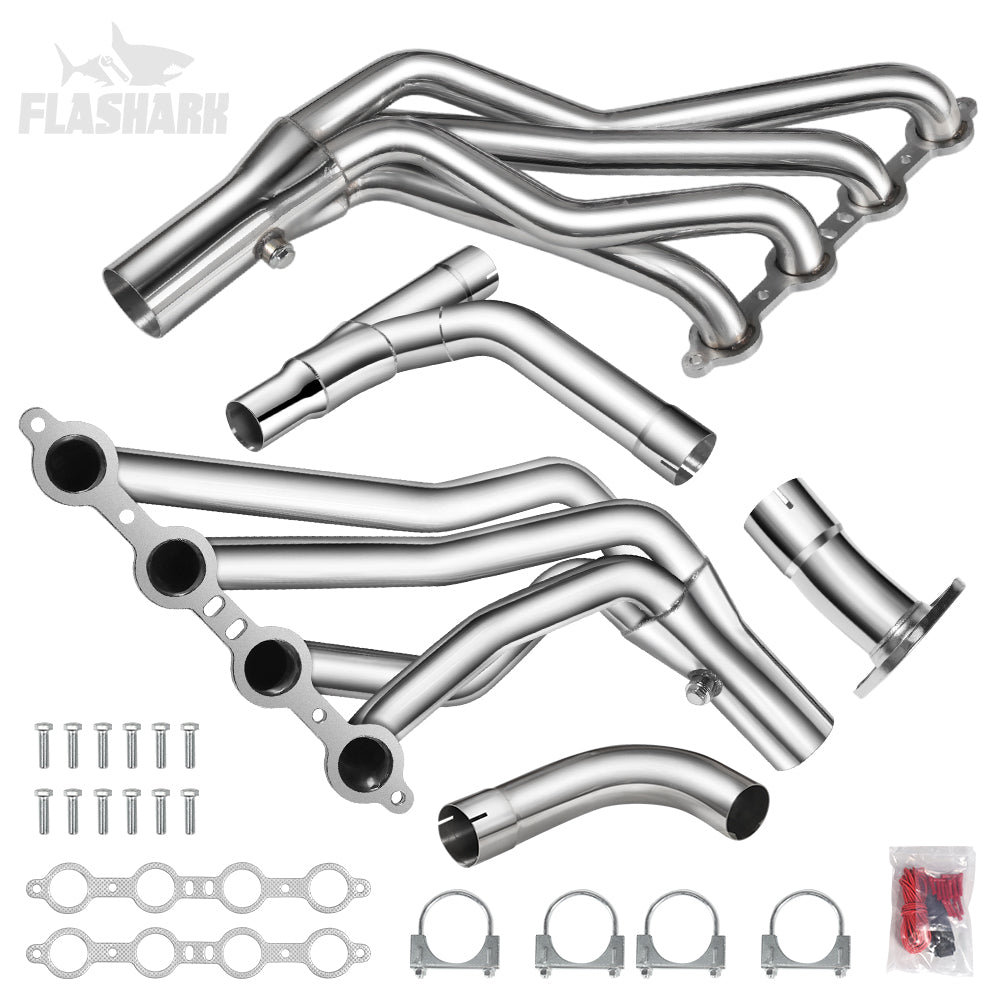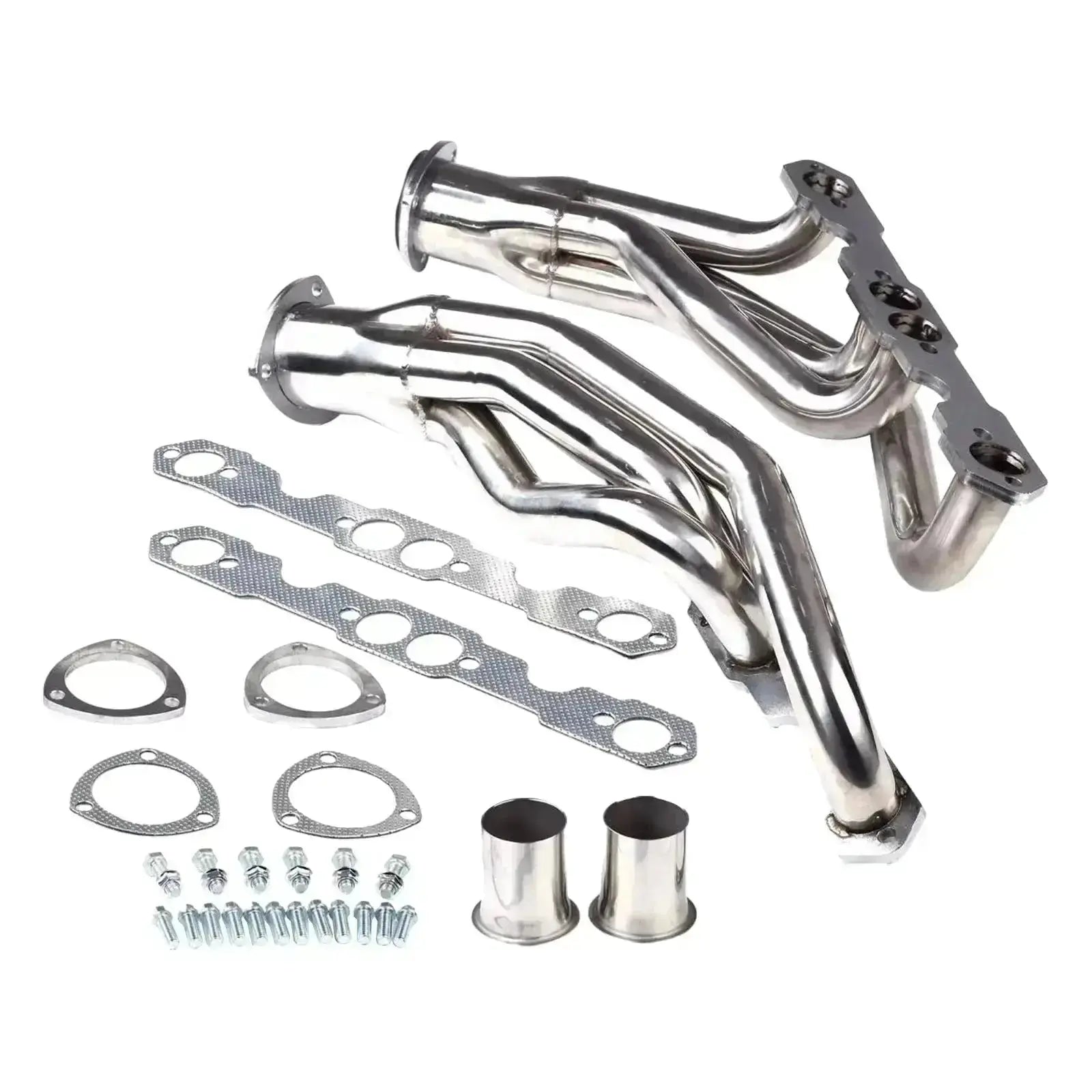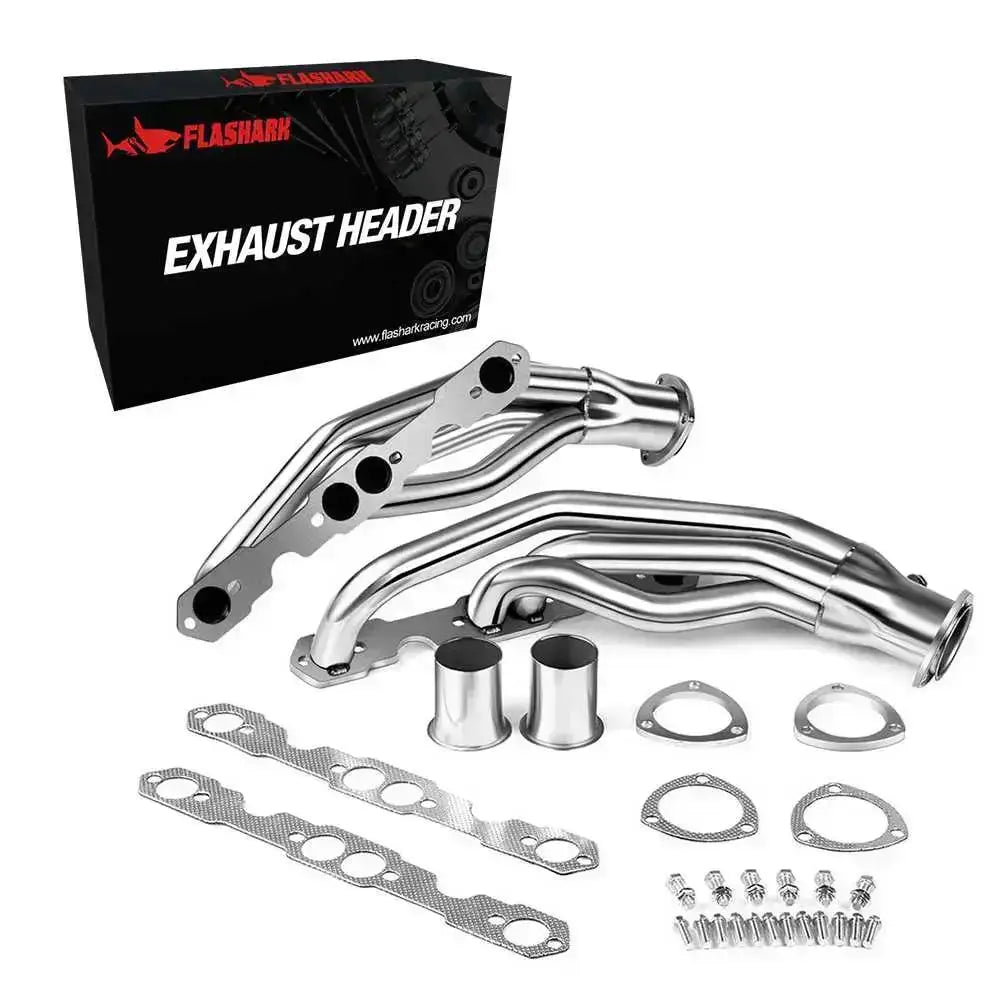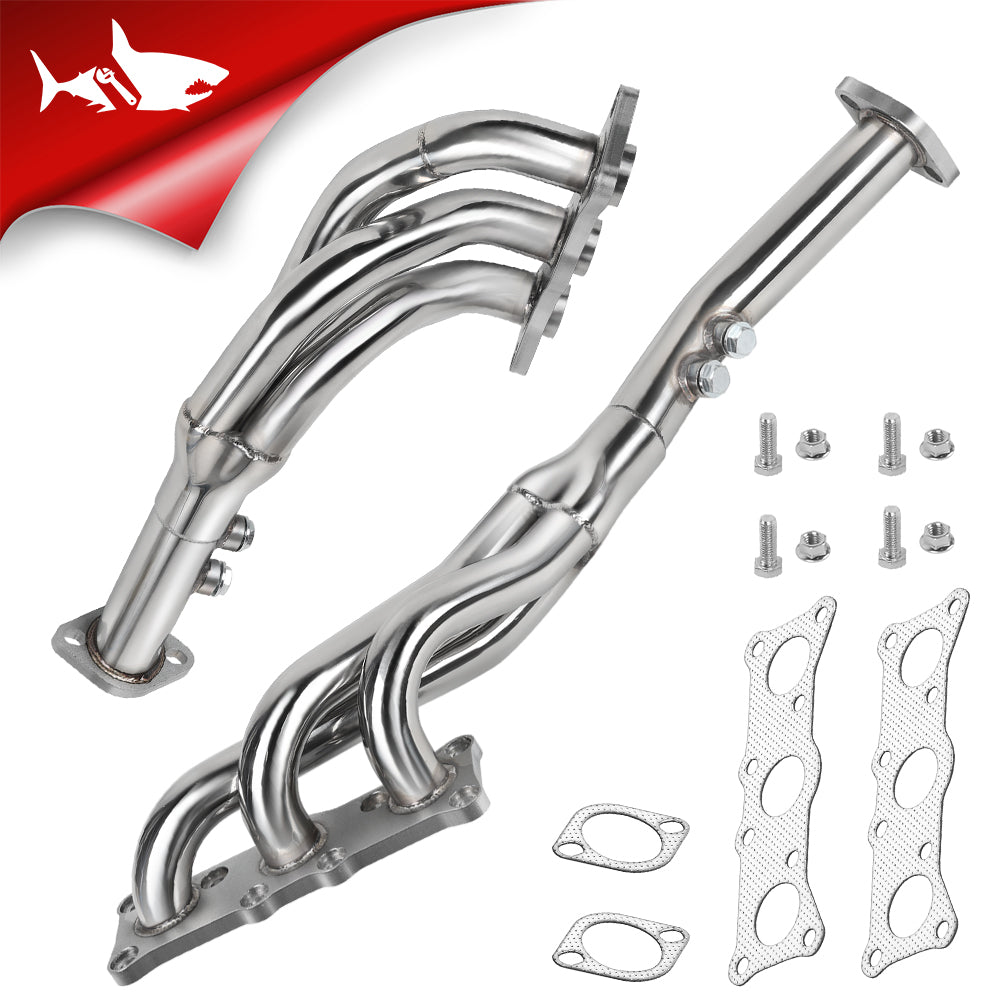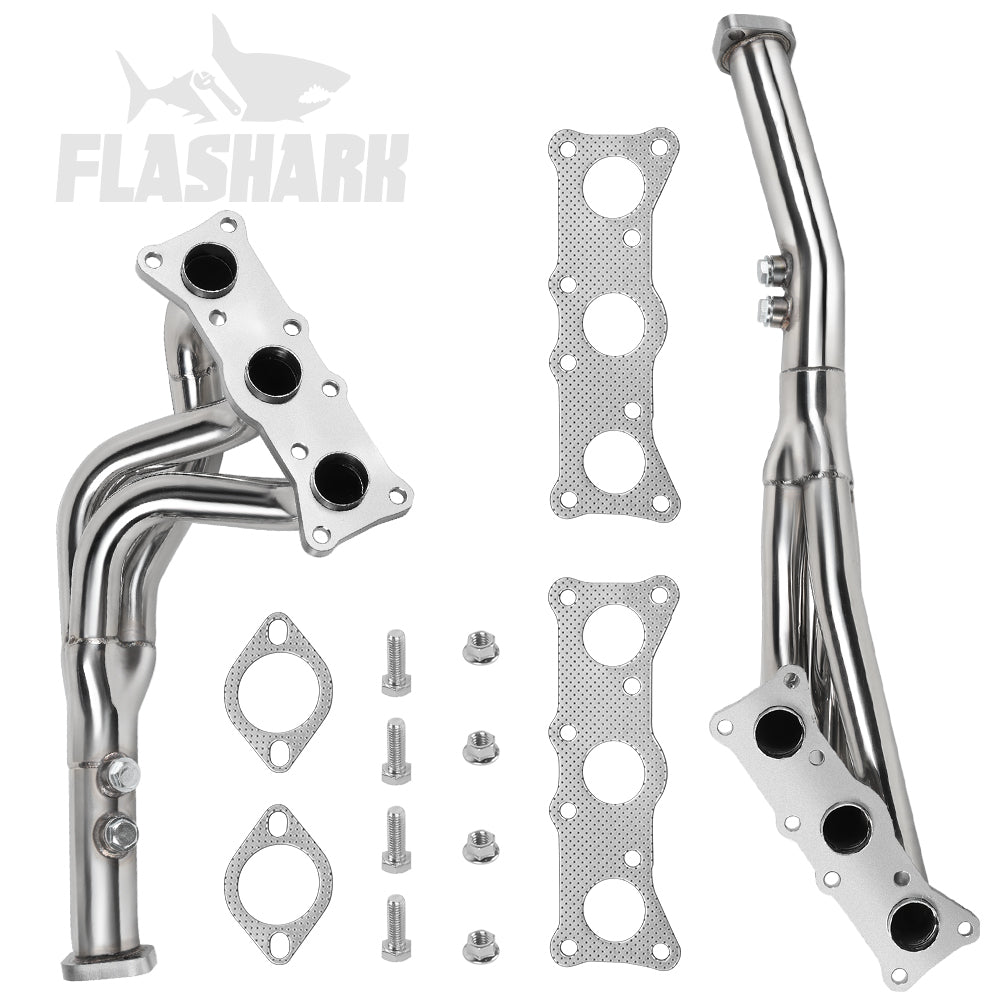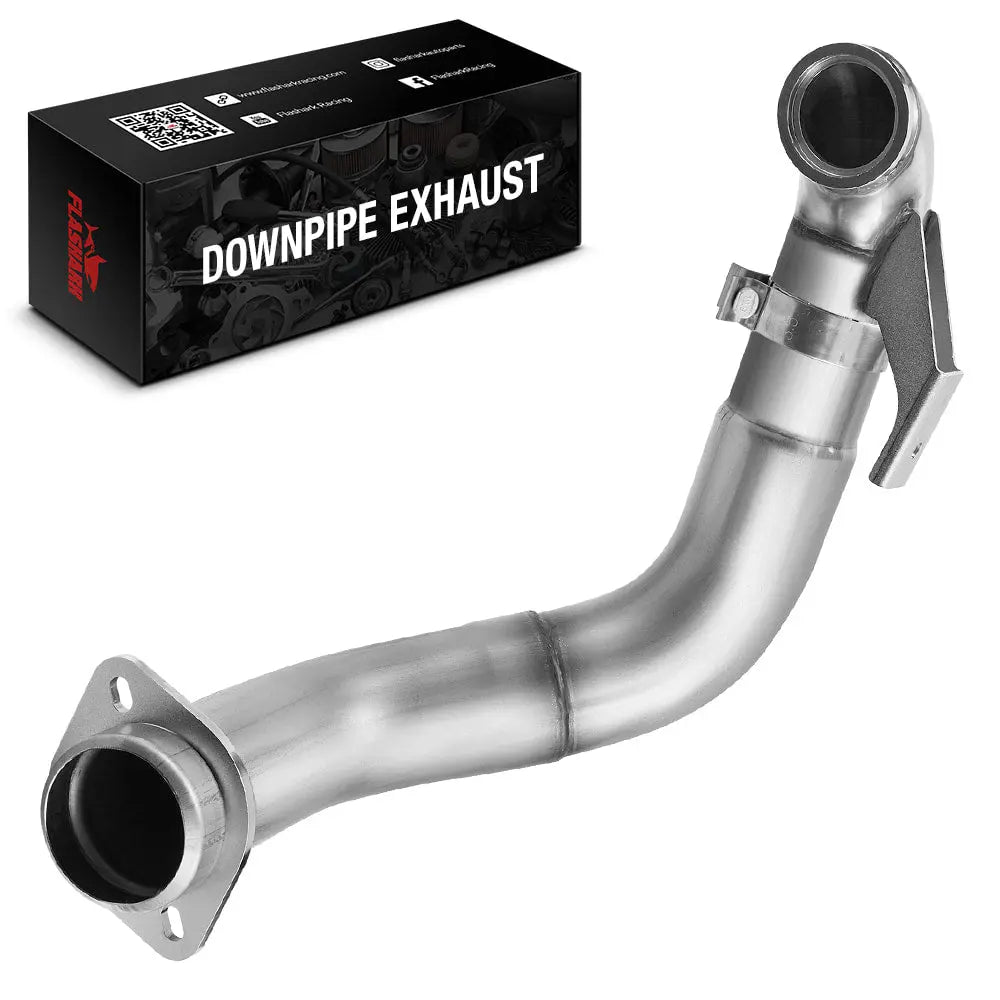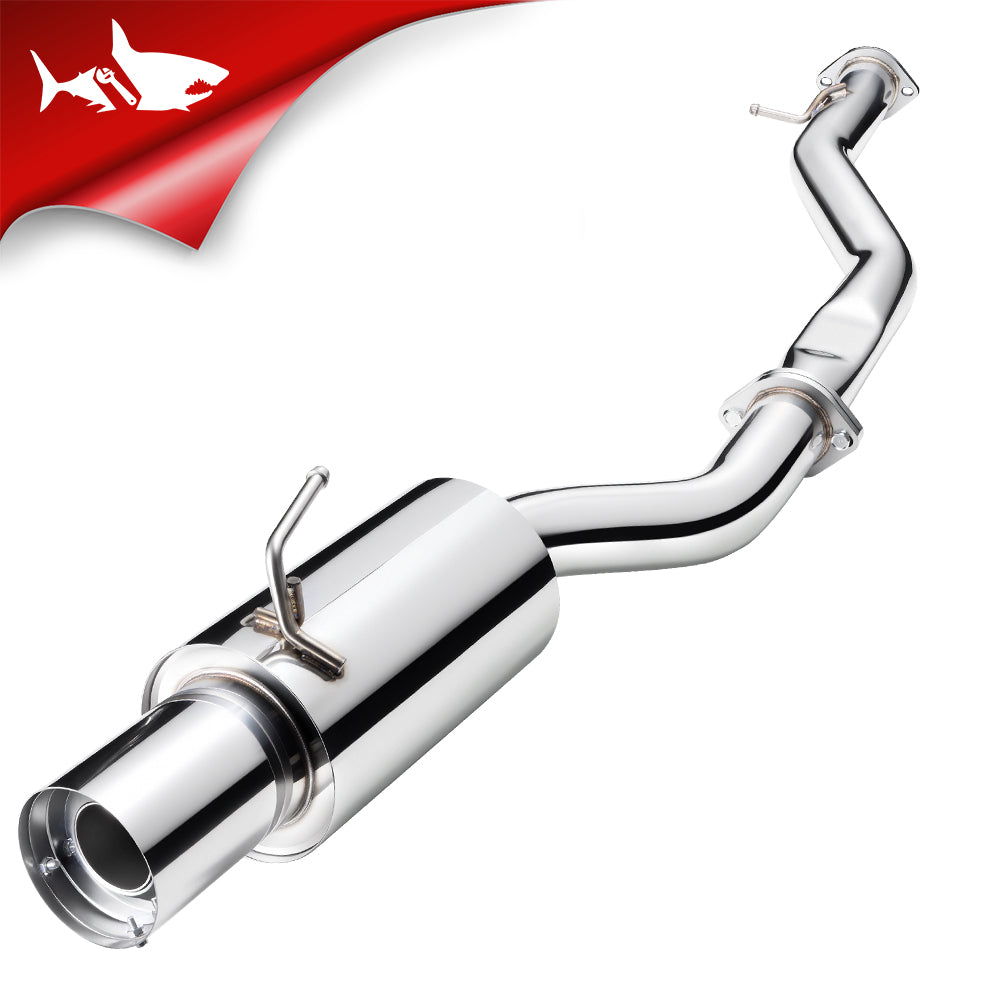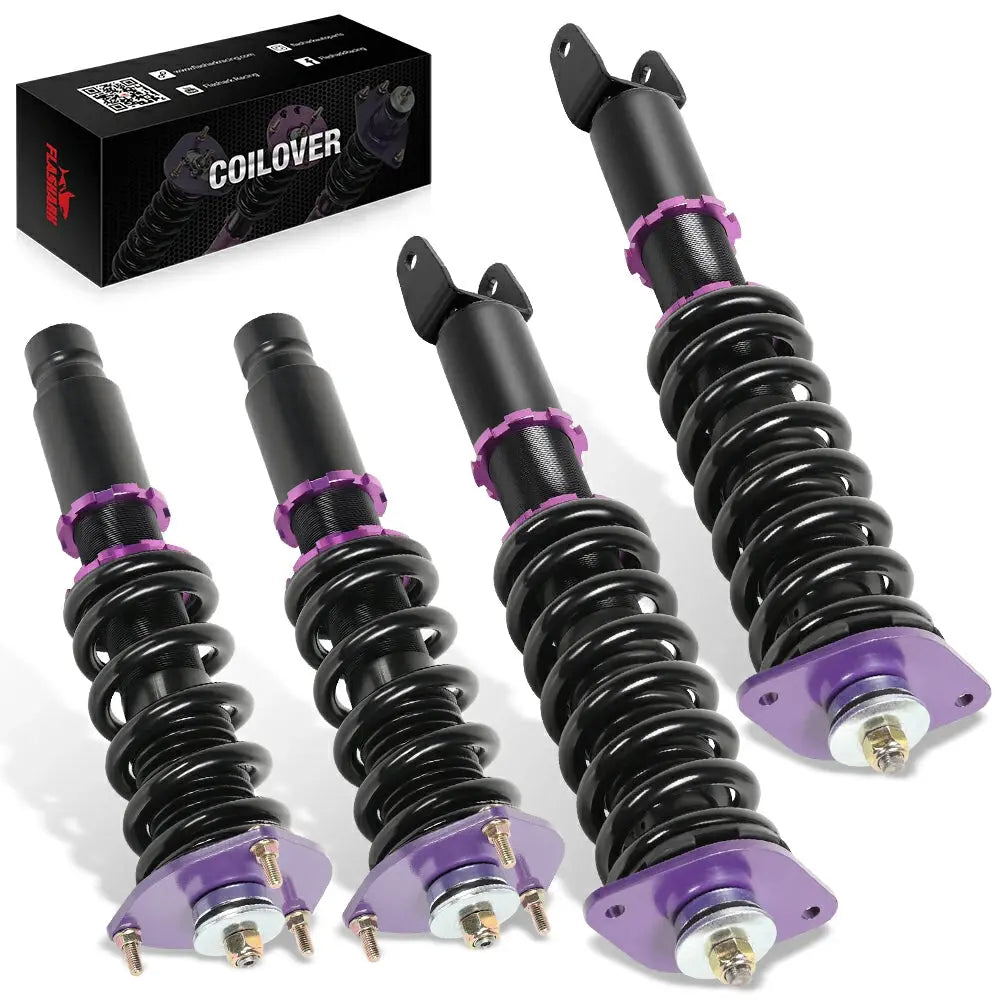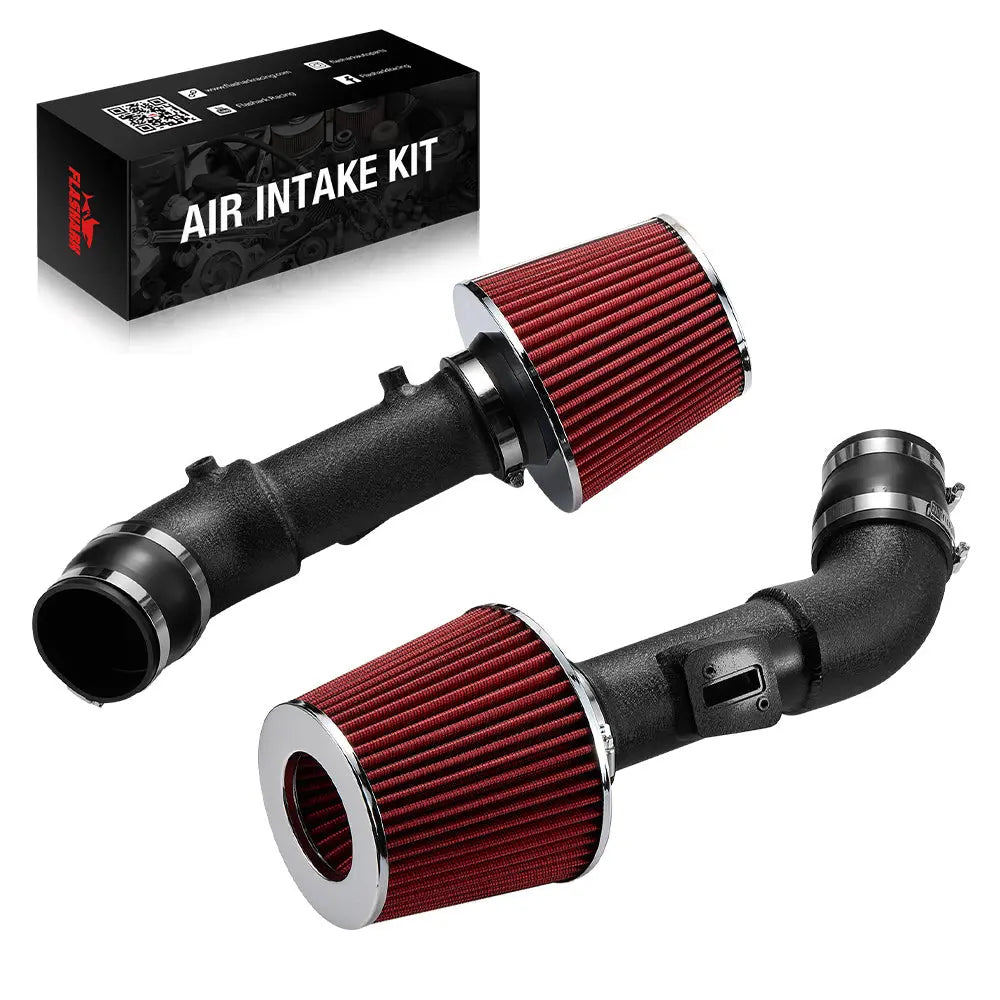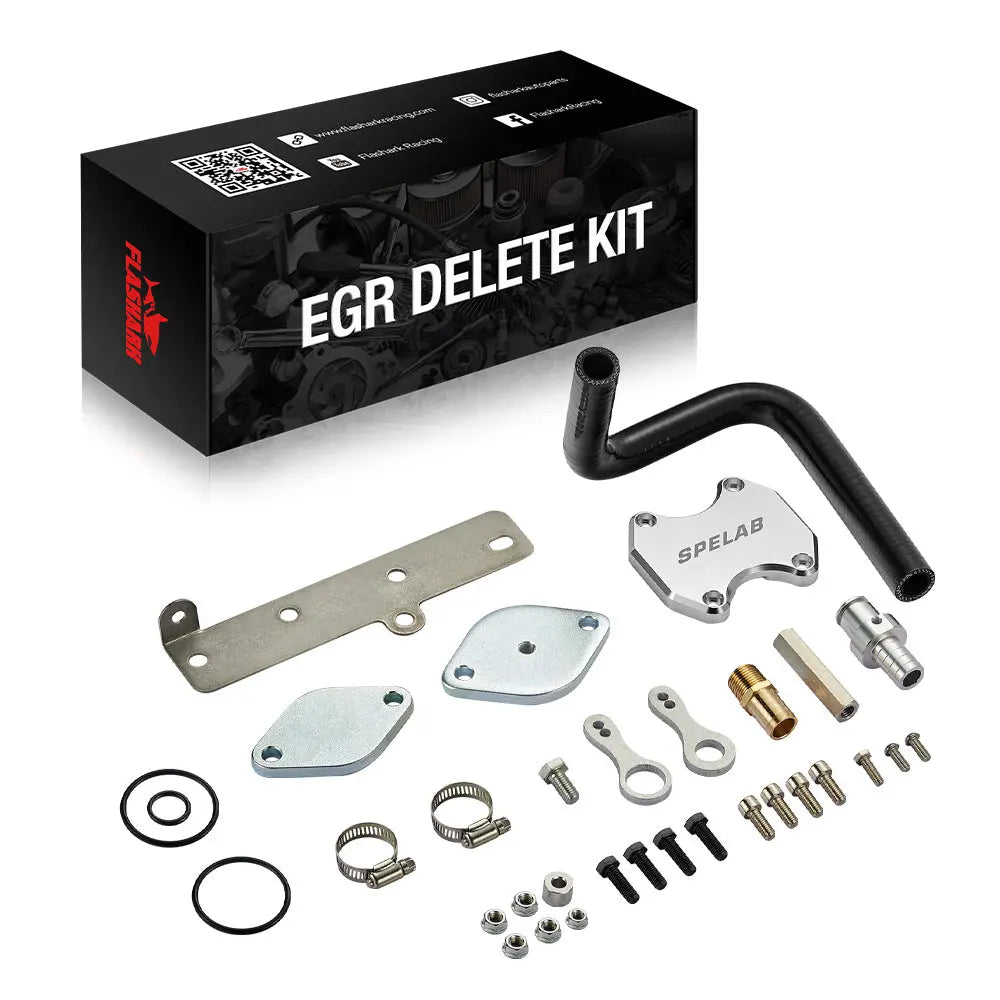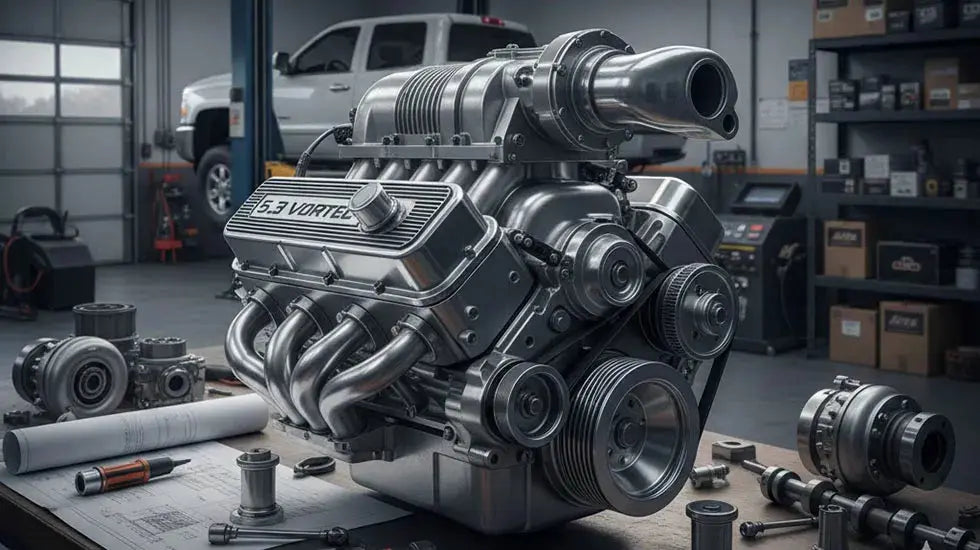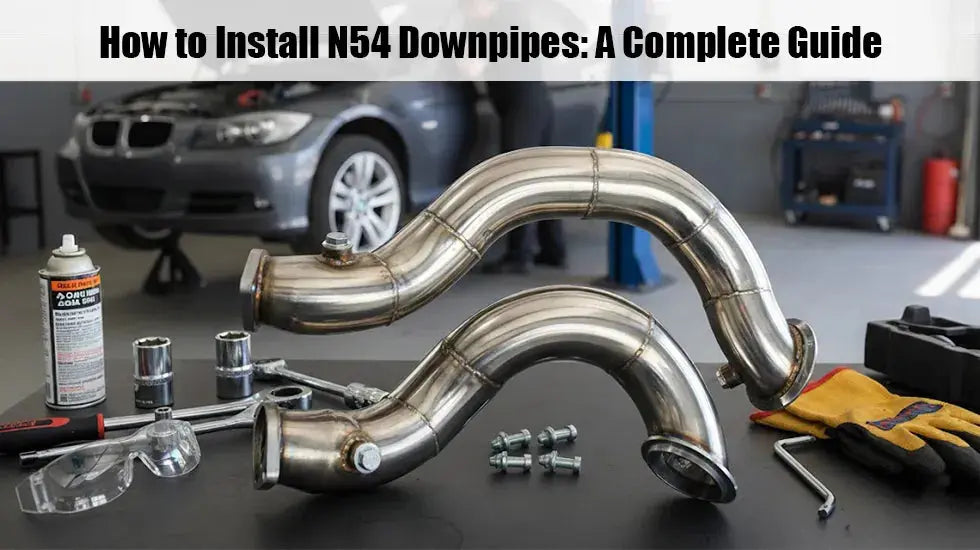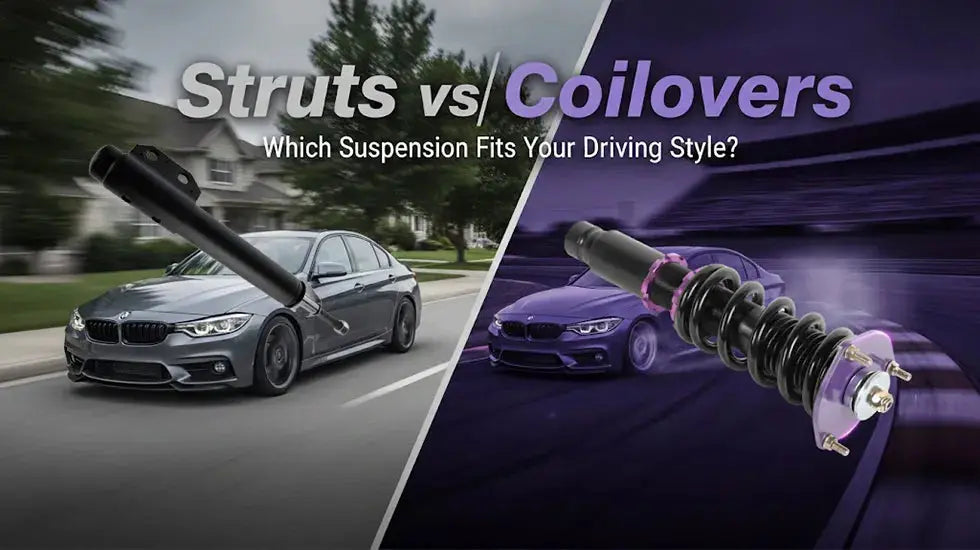A Diesel Particulate Filter (DPF) is a critical component of modern diesel engines designed to reduce harmful emissions. Diesel engines produce soot and particulate matter as a byproduct of combustion, and without the DPF, these particles would be released directly into the atmosphere. The DPF traps and stores these harmful particles, preventing them from escaping into the air.
However, some diesel vehicle owners choose to remove the DPF entirely by installing a DPF Delete Pipe. This modification eliminates the need for a DPF, which may improve exhaust flow and engine performance, but it can also lead to increased emissions and potential legal issues in certain regions.
The Purpose of a Diesel Particulate Filter
The primary function of a diesel particulate filter is to capture and store soot (particulate matter) generated during the combustion process in diesel engines. Diesel engines, known for their fuel efficiency and power, also produce higher levels of particulate matter compared to gasoline engines. The DPF reduces these emissions, making diesel vehicles more environmentally friendly by preventing harmful particles from being released into the atmosphere.
As emissions regulations become stricter globally, the DPF helps vehicles comply with standards such as Euro 6 in Europe and EPA guidelines in the U.S. These regulations aim to limit the amount of particulate matter that diesel engines can emit, and the DPF is a vital tool in meeting these standards.
How Does a Diesel Particulate Filter Work?
A diesel particulate filter works by trapping soot particles as exhaust gases pass through the filter. The filter itself is made of a porous material, often ceramic, which has small openings that allow exhaust gases to flow through while capturing and storing soot.

Over time, the soot buildup inside the filter needs to be removed. This process is known as regeneration, which occurs in one of two ways:
-
Passive Regeneration: This happens naturally during normal driving, particularly at highway speeds. The exhaust temperature is high enough to burn off the accumulated soot, converting it into ash.
-
Active Regeneration: When the DPF is near full capacity and passive regeneration is insufficient, the engine’s control system initiates active regeneration. This process involves increasing the exhaust temperature by injecting extra fuel to burn off the soot.
Regeneration ensures that the diesel particulate filter remains clear, allowing exhaust gases to flow freely and reducing engine strain.
Some vehicle owners, however, opt to replace the DPF with a DPF Delete Pipe to avoid regeneration issues and potential maintenance costs. While this provides a performance boost by removing restrictions in the exhaust system, it's important to understand that removing the DPF may result in higher emissions and could violate emissions regulations.
Types of Diesel Particulate Filters
There are several types of diesel particulate filters, each designed to suit different vehicle applications. The two main types are:
-
Ceramic DPF: Made from materials like silicon carbide or cordierite, ceramic filters are the most common in passenger vehicles. They are efficient in trapping soot and can withstand high temperatures.
-
Metallic DPF: Found more often in larger diesel engines, metallic filters are made from metal materials like stainless steel. They are highly durable, especially in heavy-duty applications.
DPFs can also vary by the regeneration method:
- Open DPF systems are generally simpler and rely on passive regeneration to clean the filter.
- Closed DPF systems store the soot until it can be removed via active regeneration, which offers better control over emissions.
Choosing the right type of diesel particulate filter depends on the vehicle's engine type, usage, and environmental regulations.
Signs of a Faulty Diesel Particulate Filter
A faulty DPF can cause several issues with your diesel engine. Some common signs of a malfunctioning DPF include:
-
Warning Lights: Most modern diesel vehicles are equipped with a DPF warning light. This light illuminates when the DPF is clogged or not regenerating correctly.
-
Reduced Engine Performance: A clogged DPF restricts the exhaust flow, which can cause a noticeable decrease in engine power, poor acceleration, and higher fuel consumption.
-
Increased Exhaust Smoke: If the DPF is not working properly, black smoke may be emitted from the exhaust pipe, indicating incomplete combustion.
If any of these signs appear, it's essential to address the issue promptly. Continuing to drive with a faulty DPF can lead to further engine damage and higher repair costs.
Maintaining and Cleaning Your Diesel Particulate Filter
Maintaining the diesel particulate filter is crucial to ensuring your engine runs smoothly and efficiently. The DPF requires periodic cleaning to prevent clogging. Here are some tips for maintaining your DPF:
-
Drive at higher speeds: Regular highway driving allows the exhaust to reach the high temperatures required for passive regeneration, keeping the DPF clear of soot.
-
Use quality diesel fuel: High-quality diesel reduces the formation of excessive soot and minimizes the load on the DPF.
-
Clean the DPF: If the DPF becomes excessively clogged, professional cleaning may be required. Some vehicles also have a system for forced regeneration, which can be performed at a service center.
While regular driving and maintenance can help keep the diesel particulate filter in good condition, some vehicle owners opt for a more permanent solution: installing a DPF Delete Pipe. By removing the DPF, the vehicle will no longer require regeneration cycles, eliminating the risk of clogged filters and the associated performance problems.
However, using a DPF Delete Pipe can have environmental consequences and may lead to non-compliance with emissions standards. It is crucial to understand the legal and environmental implications before proceeding with this modification.
The Impact of a Faulty DPF on Diesel Engine Performance
A faulty DPF can have serious consequences for your diesel engine. When the filter is clogged, the exhaust flow is obstructed, causing several performance issues:
-
Reduced Fuel Efficiency: A clogged DPF forces the engine to work harder to expel exhaust gases, which leads to increased fuel consumption.
-
Engine Strain: Blocked exhaust can cause higher exhaust temperatures, putting added stress on the engine and potentially leading to overheating or engine failure.
-
Higher Emissions: A malfunctioning DPF can release soot and particulate matter into the atmosphere, contributing to air pollution and possibly violating emission regulations.
These issues underscore the importance of maintaining a properly functioning diesel particulate filter to ensure that your vehicle runs efficiently and remains compliant with environmental standards.
How to Prevent Diesel Particulate Filter Issues
Preventing issues with your diesel particulate filter is easier than dealing with repairs later. Some practical tips include:
-
Avoid short trips: Short trips don’t allow the exhaust temperature to reach levels needed for regeneration. Longer drives help burn off soot buildup.
-
Monitor your driving habits: Driving at steady speeds, especially on highways, promotes passive regeneration and keeps the DPF from clogging.
-
Regular maintenance checks: Ensure that the DPF is regularly inspected during routine maintenance. This includes checking for warning lights and performing cleaning if needed.
By adopting good driving habits and following manufacturer maintenance schedules, you can extend the life of your diesel particulate filter and avoid costly repairs.
Conclusion
In summary, the Diesel Particulate Filter (DPF) is an essential component for maintaining a clean environment and ensuring diesel vehicles meet emission standards. By understanding its function and how to care for it, you can improve vehicle performance, reduce emissions, and avoid expensive repairs. Regular maintenance and mindful driving habits will help your diesel particulate filter operate effectively, keeping your engine running smoothly for years to come.

